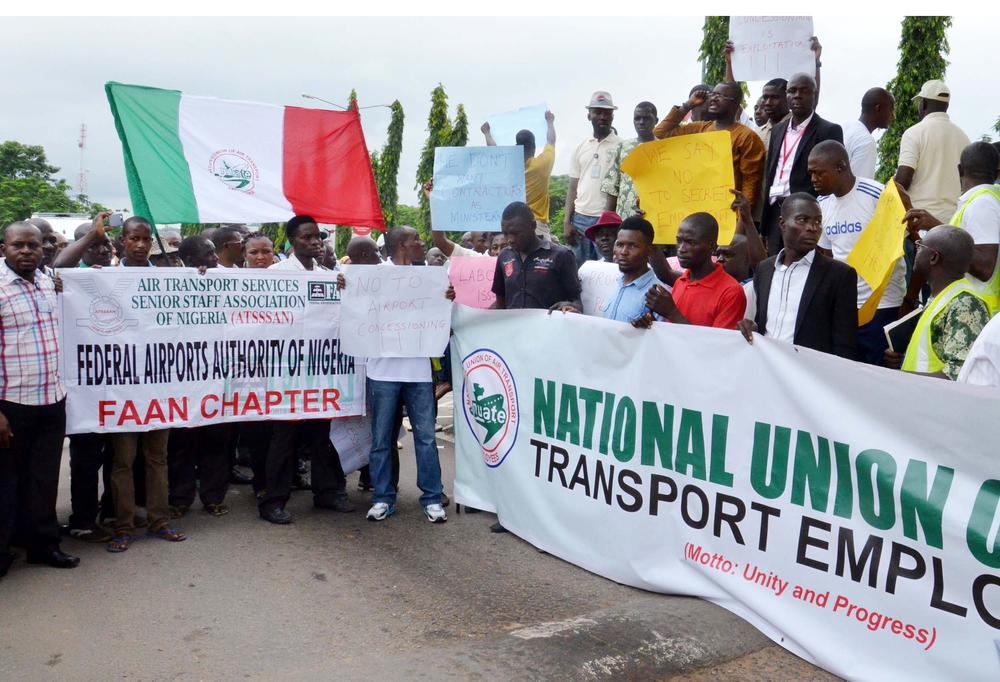There are no products in your shopping cart.
| 0 Items | £0.00 |


FEARS are growing that as many as three domestic Nigerian airlines may collapse over the coming weeks as a result of the incessant rising cost of aviation fuel and other operational expenses.
According to the Airline Operators of Nigeria (AON), over 70 airlines have gone into extinction in Nigeria in recent years as the crisis gets worse. It attributed the incessant collapse of airlines in Nigeria to the excessive charges confronting operators in the sector but explained that the major reason capable of crumbling the operations of airlines currently was the high cost of aviation fuel.
Speaking on behalf of AON at the ongoing National Aviation Conference organised by the Federal Airports Authority of Nigeria in Abuja, Allen Onyema, the chairman of Air Peace, said though airlines had been interfacing with the federal government on the high cost of aviation fuel, the commodity had continued its northward price movement. This jump in aviation fuel price as well as in the cost of diesel, which are both deregulated petroleum products, had led to the collapse of businesses both in the aviation and oil and gas sectors.
Mr Allen said: “There are so many issues in the aviation industry like high taxes, which are making airlines to be unprofitable. We pay excessive charges to the Nigerian Airspace Management Agency and paying navigation charges is absurd for domestic operations.
"The mortality rate of airlines in Nigeria is alarming as over 70 airlines have gone into extinction in the last few years. The current fuel crisis will take away three airlines in the next weeks. How do we make money in a situation where we pay salaries and charges to different aviation agencies?”
Bennett Korie, the president of the Natural Oil and Gas Suppliers Association, revealed that about 70% of filling stations in Nigeria had closed shop due to the high cost of diesel. He explained that the outlets had to shut down operations following their inability to purchase diesel at the current N850/litre price to power their trucks needed to transport petrol to their various stations nationwide.